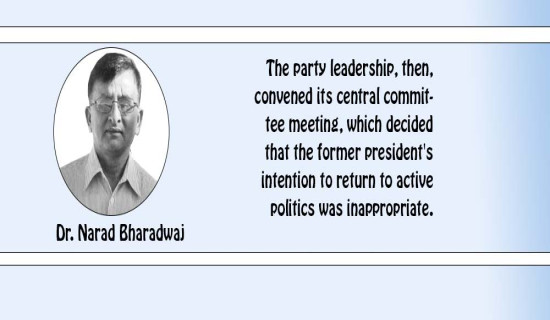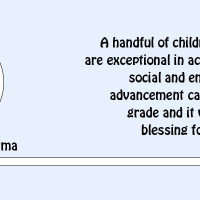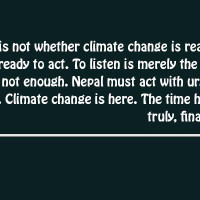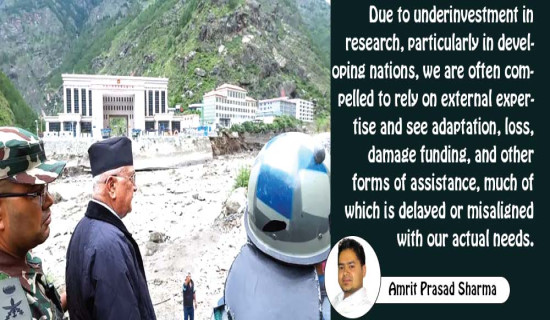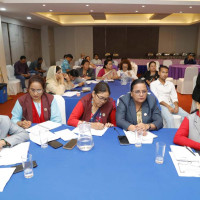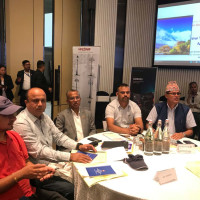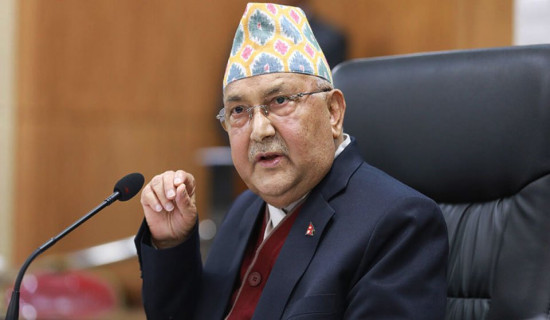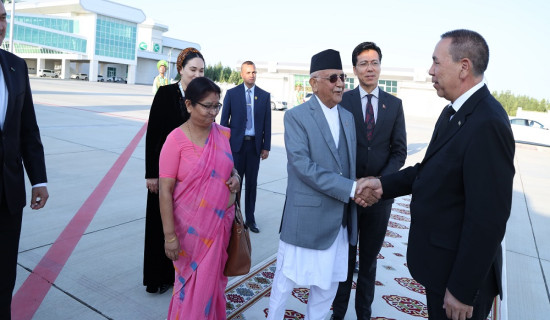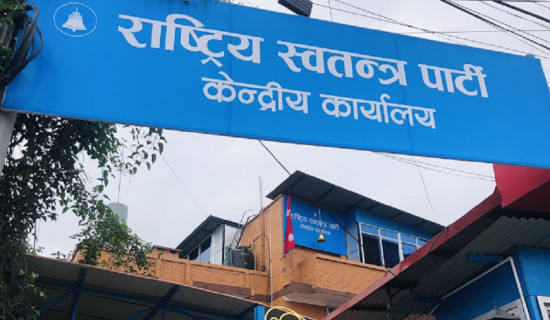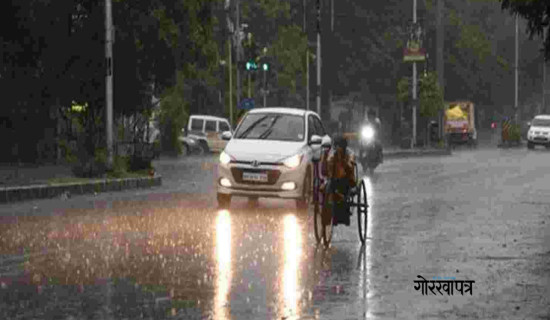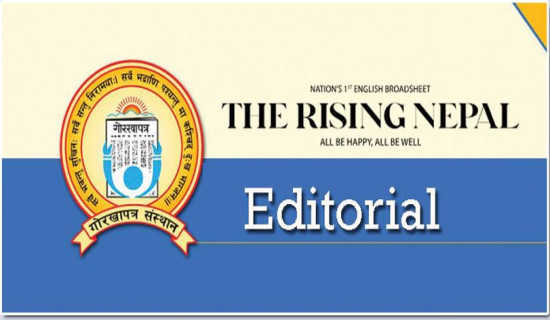- Friday, 8 August 2025
Digital Accountibility
Swaansh Mahat
Social media is no longer just a source of entertainment for people; it is Nepal’s brand-new public space. From politicians' live-streaming speeches to influencers' sparking conversations on feminism and mental health, the internet now shapes what we think, talk about, and act upon. With over 13 million Facebook users and a rapidly growing TikTok audience in Nepal, we are more connected than ever. But as this digital wave rises, so does an uncomfortable question: Are we using it to empower or to self-destruct?
Social media has undeniably democratised multiple voices. In a country where traditional media still leans heavily towards the powerful, platforms like Facebook, TikTok and X (formerly Twitter) have created space for young people, women and marginalised groups. An 18-year-old with a phone can now clearly expose corruption, challenge any outdated norm, and even spark national or international debates. We all hold the power to do so if the situation calls for it. That kind of power was unimaginable just a couple of years ago.
However, alongside this empowerment, misinformation also thrives. Fake news spreads faster than facts. In a country where digital literacy remains low, the consequences are real. Political groups, religious extremists and foreign actors weaponise these platforms to manipulate narratives and provoke unrest. By the time fact checkers arrive, the damage is already done.
Nepal’s political discourse is also changing. In the first half, it’s refreshing to see more youth engagement. But on the other, politics is becoming entertainment. Likes and shares are now treated as measures of credibility. Instead of addressing serious issues like unemployment or healthcare, some are more concerned with viral content than real change. Governance is taking a back seat.
One dangerous trend is the rise of fake patriotism. Wrapped in emotional language and dramatic visuals, creators push exaggerated or false accounts in the name of nationalism. However, patriotism should be based on truth and not propaganda.
The impact on mental health is equally concerning. The endless chase for likes, comments, and validation has created a culture of comparison, insecurity, and anxiety — especially among teenagers. Instead of a healthy connection, social media often becomes a toxic competition. Cyberbullying has also increased. Public figures, activists, and especially women face threats and harassment regularly. Yet, Nepal’s legal system is still behind the times. Victims are left with little support while abusers hide behind anonymous profiles.
It’s time for influencers and creators to be accountable. With a platform comes responsibility. Content should be factual, ethical, and constructive. In the name of becoming "viral", misinformation mustn't be propagated. Social media companies must also implement stricter policies to stop the spread of harmful content. Social media must not be reduced to a bad platform, it depends on how users utilise it for the common good.
It can be a tool to promote education, empowerment, and unity. The tendency to abuse it through chaos, division, and manipulation must be discouraged. The choice is ours.
Nepal’s digital revolution needs digital responsibility. If we fail to act, we won’t just lose control of our feeds — we’ll also lose control of our future. The time to act is now.



